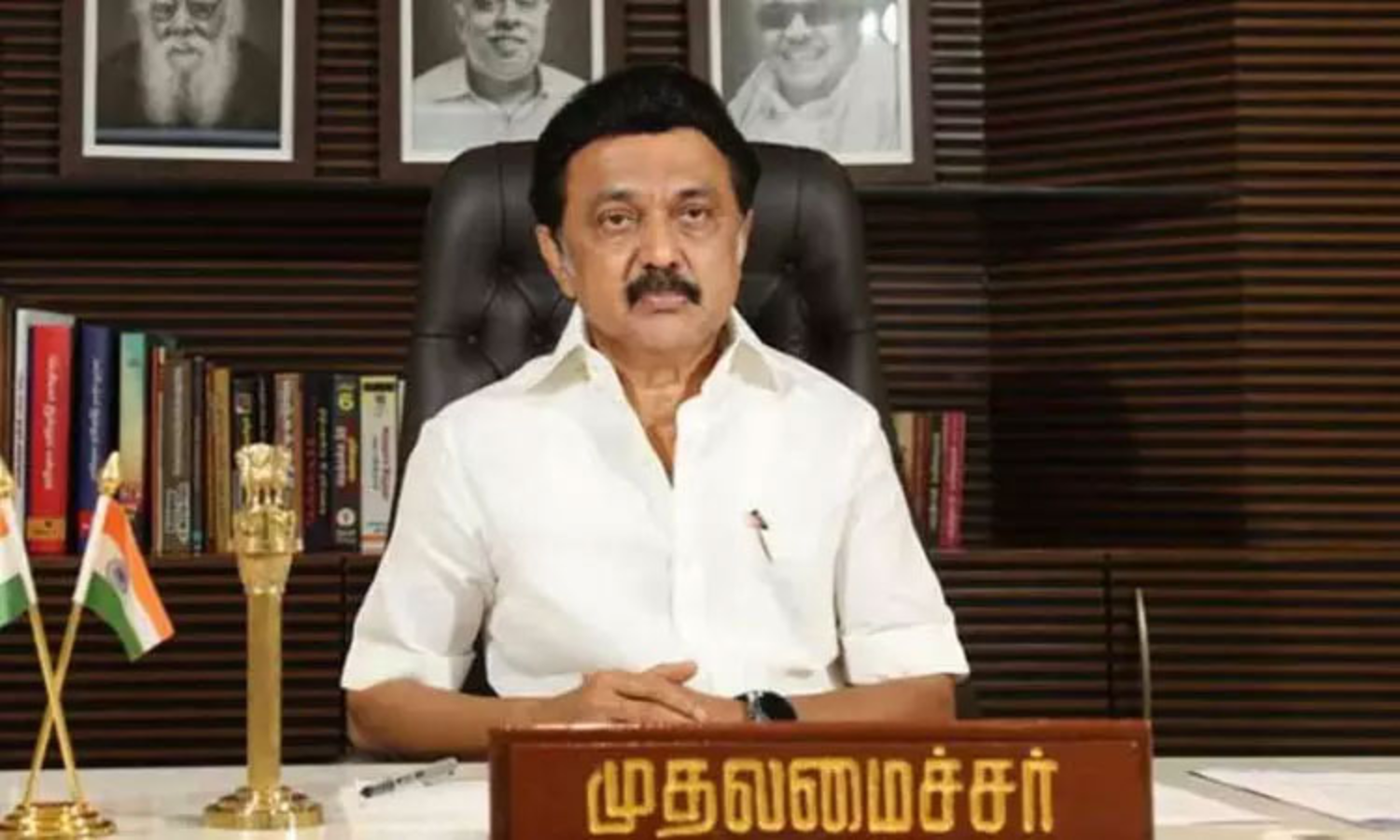 In a landmark move, Chief Minister M.K. Stalin unveiled Tamil Nadu’s new State Education Policy (SEP) at the Anna Centenary Library in Kotturpuram. The policy, crafted by a committee led by retired Justice D. Murugesan, promises “big change in the education sector,” asserting the state’s commitment to innovation and inclusivity.
In a landmark move, Chief Minister M.K. Stalin unveiled Tamil Nadu’s new State Education Policy (SEP) at the Anna Centenary Library in Kotturpuram. The policy, crafted by a committee led by retired Justice D. Murugesan, promises “big change in the education sector,” asserting the state’s commitment to innovation and inclusivity.
Speaking at the launch, Stalin emphasised the retention of the two-language policy, affirming that both Tamil and English will continue to serve as the mediums of instruction across schools. He reiterated Tamil Nadu’s decision to reject the Centre’s three-language formula, calling it vital to preserving cultural identity and educational equity
The SEP lays out additional reforms aimed at promoting rational and value-based learning. It proposes 100% transition from school to higher education, replacing common entrance tests with admissions based on Class XI and XII marks, and rejecting standardized public exams at primary levels as regressive and exclusionary. The policy also focuses on strengthening science, AI, and English education, investing in state institutions, and ensuring universal access to quality education
Speaking at the event, Deputy Chief Minister Udhayanidhi criticized various attempts to undermine educational rights, including the “Kulakkalvi Thittam” (hereditary education scheme), the three-language policy, the National Education Policy (NEP), and the NEET exam.
He praised Chief Minister Stalin for his strong stance against the NEP, recalling how the Chief Minister had bravely rejected the central government’s threat to withhold ₹2,600 crore if the state did not adopt the three-language policy. Udhayanidhi emphasized that the Chief Minister was a “living Periyar” for boldly asserting that Tamil Nadu would not accept the NEP, even if offered ₹10,000 crore, and for instead introducing a separate education policy for the state.
He concluded by stating that the history of Tamil Nadu shows its people will never accept the forceful imposition of any language.
School Education Minister Anbil Mahesh explained that the policy is born from the principle of “everything for everyone.”
The minister highlighted that the policy strongly emphasizes the two-language system and is designed to be inclusive, ensuring “education for all.” He stated that the policy was created with a forward-looking perspective and is built to include life values and a long-term vision.
Anbil Mahesh added that the policy aims to create a system where students are not afraid of examinations, but rather are empowered to develop their skills. He mentioned that the curriculum would be updated annually to reflect the needs of the times and would include subjects like AI and Robotics.
The policy also aims to provide career guidance to students as early as the ninth grade, enabling them to make informed decisions about their future, he added.
He concluded by saying that the government plans to make 500 schools into “successful schools” under this new policy.



